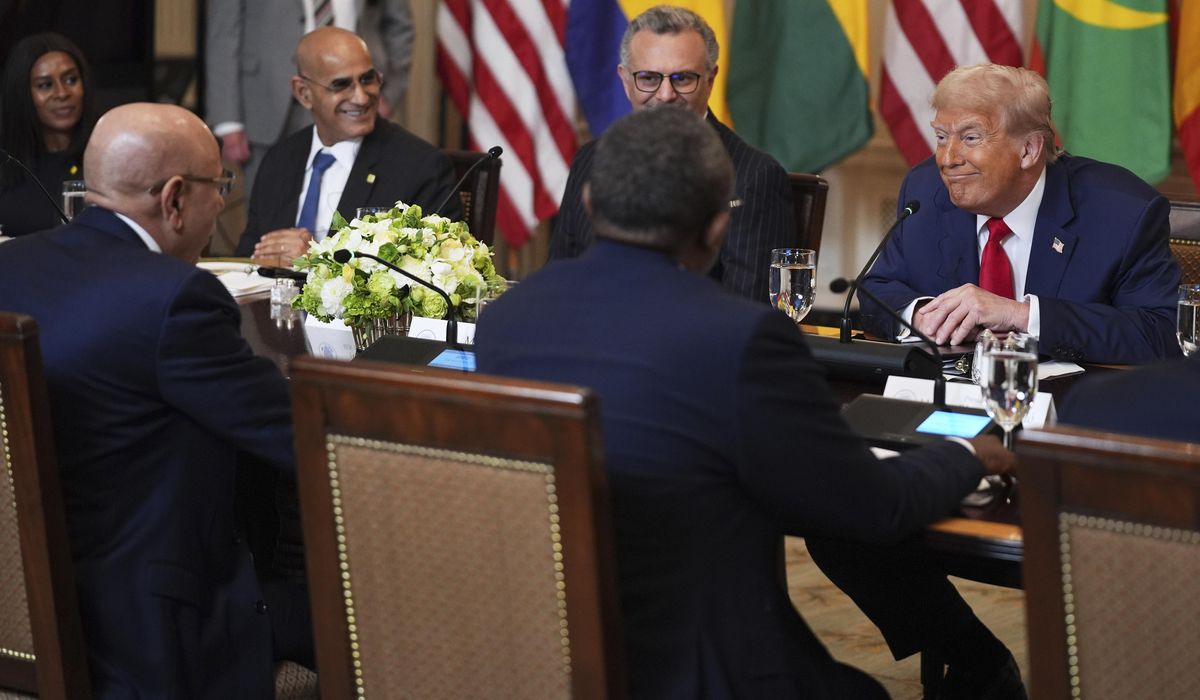ARTICLE AD BOX
VANCOUVER, British Columbia -- The premier of Canada’s oil-rich province of Alberta said Monday she will hold a referendum on separation from Canada next year if a citizen-led petition reaches the required number of signatures.
Speaking on a livestream address, Danielle Smith said she personally does not support the province leaving Canada and expressed hope of a “path forward” for a strong and sovereign Alberta within a united Canada.
“Should Ottawa, for whatever reason, continue to attack our province as they have done over the last decade, ultimately that will be for Albertans to decide," she said. "I will accept their judgement.”
Smith’s announcement comes just one week after Prime Minister Mark Carney led the Liberal Party to a fourth consecutive federal government. It also comes as U.S. President Donald Trump continues to threaten Canada with tariffs and talk of the country becoming the 51st state.
Carney and Trump are scheduled to meet in the White House Tuesday.
Smith’s United Conservative government recently introduced legislation that, if passed, would reduce the bar petitioners need to meet to trigger a provincial referendum.
The bill would change citizen-initiated referendum rules to require a petition signed by 10 percent of eligible voters in a previous general election — down from 20 percent of total registered voters. Applicants would also get 120 days, rather than 90, to collect the required 177,000 signatures.
Smith accused previous federal Liberal governments of introducing different legislations that hamstring Alberta’s ability to produce and export oil, which she said has cost the province billions of dollars. She also said she doesn’t want the federal government meddling in provincial issues.
“We don’t ask for special treatment or handouts,” she said. “We just want to be free to develop and export that incredible wealth of resources we have. Freedom to choose how we provide health care, education and other needed social services to our people, even if it’s done differently than what Ottawa has in mind.”
Smith has met with Carney and said he “had some promising things to say about changing the direction of his government’s anti-resources policies.”
Smith said her government will appoint a negotiation team to try to bring an end to federal policies that have long irritated the province. She also will chair an “Alberta Next" panel hosting a series of town halls to hear ideas and grievances from Albertans.
John Soroski, a political scientist at MacEwan University in Edmonton, said while there is anger in the province, he isn’t sure if it will lead to voting to separate.
“These grievances are serious,” he said. “I think the prospects of separation are highly unlikely.
The largely French-speaking province of Quebec held referendums in 1980 and 1995 over separation. Both failed.
Soroski said Smith may be following the lead of Quebec politicians who have used the threat of separation when dealing with the federal government.
“I don’t see Smith wants separation, but I think it’s very useful for the province to have in its back pocket the idea that there’s this large number of discontented Albertans,” he said.
Smith said she will work with Carney “in good faith” but wants “tangible proof of real change.”

 2 months ago
131
2 months ago
131








 English (US) ·
English (US) ·